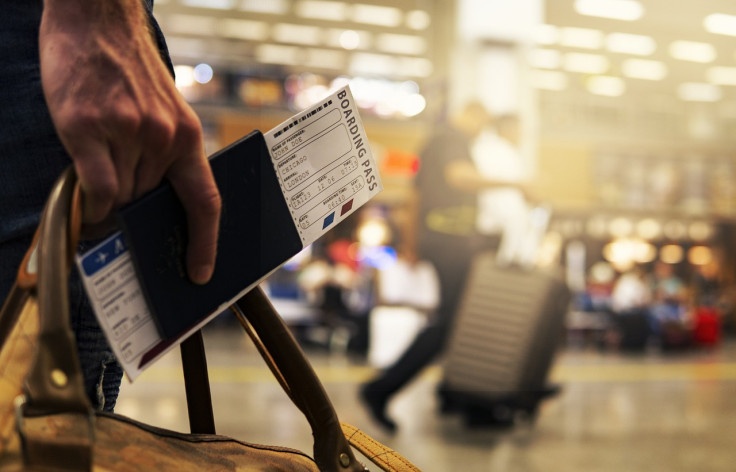
Making holiday plans can be a bit of a challenge, especially for people with chronic medical conditions such as heart disease and diabetes. However, don't let these health conditions hold you back from enjoying a vacation. With some thoughtful planning and necessary precautions, traveling could be definitely on the cards.
Although traveling can be worrisome for people with medical conditions, it does mean it is always off their limits, Gladys Velarde, a national volunteer with the American Heart Association and a professor of medicine at the University of Florida in Jacksonville, said in a news release.
"It's not always that simple for people who have chronic health conditions that require multiple medications or special medical equipment. There are also considerations for how to maintain your health and not put yourself at increased risk," Velarde said.
"Depending on where you're traveling, you'll also want to do some research and planning specific to the location. The local climate and elevation may impact how you feel – extreme heat or cold can affect circulation and put extra strain on your heart. In high altitudes, there is less oxygen in the air, and that means less oxygen will be carried in your blood. You'll want to familiarize yourself with the local emergency numbers and the location of nearby medical facilities and pharmacies of the area where you're visiting."
5 tips to travel safe
Here are some tips from the American Heart Association for safe holiday travel.
1. Discuss with your healthcare provider - Before making travel plans, always consult your doctor as they can advise on the restrictions and precautions to be taken considering your health status. Remember to carry a copy of your medical records and the contact numbers of your doctors in case of emergencies.
2. Manage medications - Carry all your medications, along with a list that has details of schedule and dosage. While traveling across time zones, you might need to adjust medication schedules in consultation with your health professional. If the medications you carry need refrigeration, plan to pack them appropriately and make arrangements to store them at the hotels you stay in.
3. Plan the transport of your medical devices - People who regularly use medical equipment such as portable oxygen devices, blood pressure and glucose monitors and CPAP (continuous positive airway pressure) machine needs to pack them for the journey. Those who have mobility issues and need assistance in the form of walkers or wheelchair facilities should check the availability and request the facility while booking flight tickets. People who use devices such as pacemakers or implantable cardioverter-defibrillators (ICD) may need to go through a special security screening at the airport.
4. Take precautions during the journey - Sitting for a long time during flight may increase the risk of blood clots, including deep vein thrombosis and pulmonary embolism. To minimize the risk and improve blood circulation, wear compression socks, exercise your calf muscles and get up and walk in between. Keeping yourself hydrated is also important during the journey.
5. Seek medical help in case of emergency - Know the signs of heart attack, stroke and other cardiac emergencies and seek immediate medical care.







